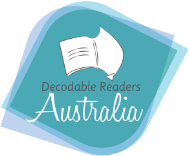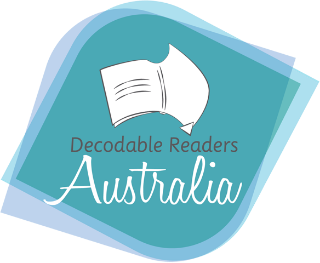
A parent's right to ask....'How do you teach reading at your school?'
Working as a literacy coach I often have family and friends ask me advice about what school they should send their children to that teaches reading well......Being so passionate about evidence based instruction, I often overwhelm them with information about the research and how important this type of approach is to all beginner readers....and usually it all goes way over their heads. I have now learnt to educate my friends and family about the key words they should look for as parents when asking a school how they teach reading.
Usually a principal will answer in three ways and it is important to pick up on key words to try and interpret their responses, but in short, let me be blunt (in blue) and help you.
1. I have no idea but I'm going to tell you about how amazing we are...
The first response to be aware of is just some fluff about how they teach reading so well and their school results prove that. The principal will want to share with your some data to show you how good they are (possibly only showing the achievement of their high performing students). This response usually means that the principal doesn't actually know their school's methodology and they avoid the question. Don't be afraid to ask, 'What approach to teaching reading led to these results?' If the response still isn't specific, maybe ask if they could bring in a curriculum leader to assist with your question. This is your child's future so do not be afraid to be assertive! If the principal does not know what happens in classrooms then this just may be a red flag too. I should also add here that if the words 'project based', 'child centred' or 'inquiry learning' come into the conversation of teaching beginner readers, then run a mile!
2. A 'Whole Language' approach that was entrenched in our schooling systems for so long that research has proven has failed many students ...
The second response may indicate the old 'Whole Language' approach which research has now proven to be an ineffective approach to teaching reading and for some children, detrimental. The principal may walk you through classrooms that look beautiful with lots of books and a lovely big word wall, but don't be fooled. This approach to teaching reading is fazing out and if you are walking through a school and being told that they have levelled readers, levelled benchmarking, sight word flash cards, word walls, balanced literacy and learn by being immersed in a literacy rich environment, then try the school down the road. Unfortunately these methodologies have failed many children and those with learning difficulties do not get picked up until it's too late. Catch up almost seems impossible for a struggling reader in this environment.
3. An Evidence-Based approach known as Structured Literacy that is beneficial to all students and uses assessments for early intervention (you've hit gold)...
The third response is the one you're looking for. You know you've hit gold when you are told that research drives practice in the classrooms and that teachers use a Systematic Synthetic Phonics approach to teaching decoding alongside the use of connected texts (decodable readers). This approach is also integrated with the explicit teaching of phonemic awareness, fluency, vocabulary and comprehension and they use evidence based assessments that align to this approach. When the principal can tell you exactly how reading is taught in their school, you automatically assume that there would be accountability and consistency in the school. This excites me!
To make it easier for parents, I created this little infographic with key words to listen out for.

Choosing a school for your child is one of the most important jobs you have as a parent. Your child needs to be set up for success for the next 13 years of their schooling life. The first couple of years are the most crucial so don't be afraid to ask....'How do you teach reading?'
As some of you may know, I used to be a principal of a school and it was my core duty to ensure that my staff had the most up to date professional development, there was a common and consistent methodology across all of the classrooms and I was able to walk into any classroom (during a school tour) and ask my teachers, how do we teach reading? They could confidently articulate their approach and knew they had the support from the learning enhancement team, the curriculum coordinator and other staff. Being in a school with a united front is clearly evident from the outside in and this is the biggest indicator of a quality school. Each school is on a journey but the importance is on whether they have key staff that have their finger on the pulse (current research) and leading that change in their school. As a parent, it's ok to ask a lot of questions to find out if the school you are choosing is the right one for your child.
If you want to learn more about the best way to support your child to read, follow us on social media https://www.facebook.com/DecodableReadersAustralia or check out the Learning Lounge.
Written by Camilla Occhipinti, Director of Education at Decodable Readers Australia



